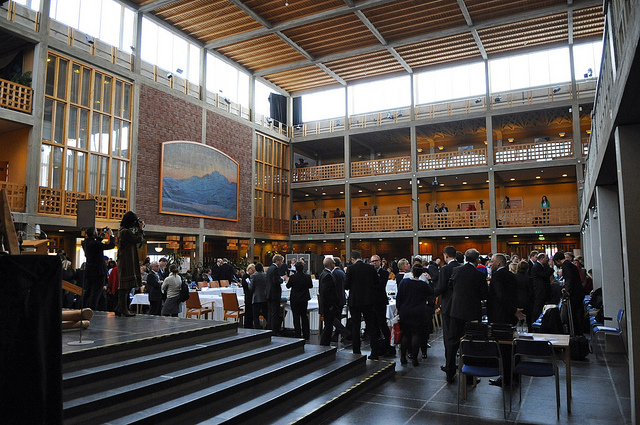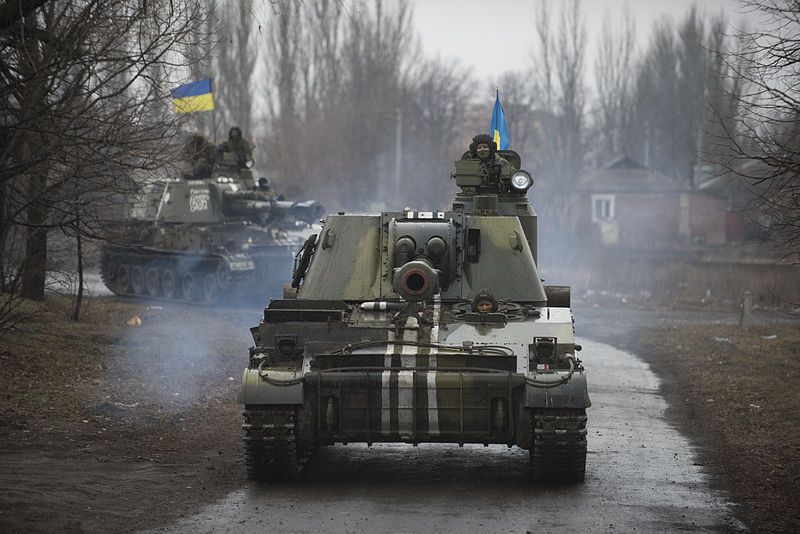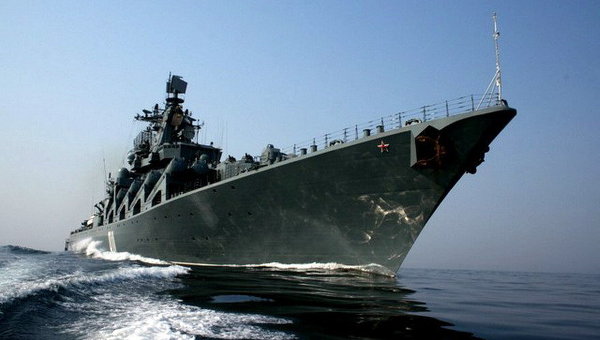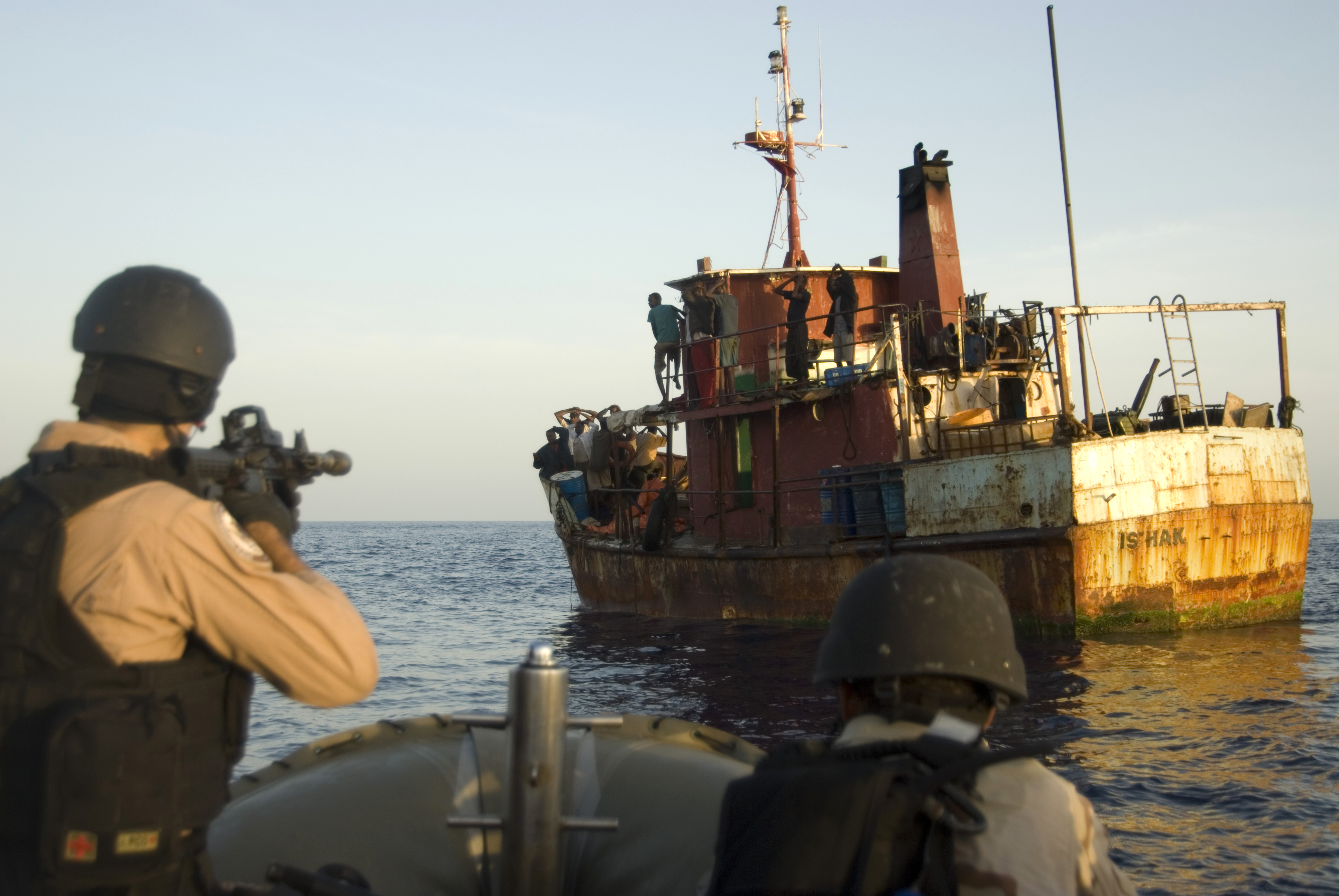Summer ice reportedly melted to its lowest extent in 2012, demonstrating the drastic impact of increased global temperature on the Arctic. This change has increased accessibility to the region, opening shipping and resource extraction opportunities, resulting in a larger foreign presence in the Arctic. This raises concerns over how tense security situations in other parts of the world between states on the Arctic Council could negatively affect continued cooperation in the extremely delicate Great North. The Arctic Council has been very effective in facilitating high-level intergovernmental forums to address regional concerns. Eight states are permanent members on the council and hold territory in the Arctic. They include Denmark (via Greenland), Iceland, Norway, Canada, the United States, Finland, Sweden, and Russia. The first five states listed are also NATO members.
Regional focus on scientific pursuits have resulted in successful cooperation between member states of the Arctic Council. Scientists, researchers, and engineers have emphasized an “aversion to militarizing” the Arctic, according to U.S. Brigadier General Stephen Cheney, CEO of the American Security Project. He adds that this emphasis is fueled by the fear that focus on militarization would “dilute” research in the region, causing countries to “leave and not participate” in the Council. By maintaining the focus on scientific pursuits, this multilateral cooperation aims to maintain protection and preservation of the North.
State disputes in the Arctic have resulted from contrasting claims to territorial sovereignty. This is legally codified by the United Nations Convention on the Law of the Seas (UNCLOS), which grants coastal states an Exclusive Economic Zone (EEZ) of sovereign rights over resources up to 200 nautical miles beyond their coast. Ongoing disputes include those between Russia and the United States over the Bering and Chukchi Seas, and between Canada and Denmark over the Lincoln and Hans Islands. Successful de-escalation of the dispute between Russia and Norway over the Barents Sea was concluded in 2010.
Since the late 1990s, the number of observer states on the Arctic Council has increased to twelve, demonstrating growing interest in the region from nations without territory in the North. Observer states currently include Germany, the Netherlands, Poland, the United Kingdom, France, Spain, China, Italy, Japan, South Korea, Singapore, and India. The last six are the most recent to join in 2013. In March of that year, Russian oil giant Rosneft concluded agreements with the Chinese National Petroleum Corporation (CNPC) over exploration of three fields in the Barents and Pechora Seas. Additional Chinese Arctic interests relate to forecasts that China could send 15 percent of its international trade through Arctic waters by 2020.
With increasing foreign interests in the region, looming tensions between nations in other locations of the globe could negatively affect future Arctic cooperation. Increased violence in Ukraine, and escalating tensions with Russia over ongoing NATO deployments in the Baltic States and Poland risk degrading the climate of cooperation in the Arctic. Luis Simon, Professor at the Institute of European Studies, argues that “Russia’s standing in the Arctic would be significantly enhanced” if security in the Baltic region were undermined. It is therefore in the interest of a stable Arctic that security be maintained in the Baltic region, especially as the proximity of these two regions demonstrates interconnected security interests.
These tensions between Russia and NATO members have not yet translated into tensions in Arctic cooperation. Instead, officials have been keen on cooperation and environmental protection in the Arctic. Russian President Vladimir Putin has spoken of a priority towards keeping “the balance between the economic activity and preservation of the unique environment.” This aligns with recent actions by Canadian Prime Minister Justin Trudeau and former U.S. President Barack Obama, placing bans on future licensing of oil and gas in the Arctic. Through collective action in pursuit of economic cooperation and environmental protections, Arctic cooperation can be maintained between state leaders even when tensions exist between these same states in other regions of the world.
However, the danger of these tensions negatively affecting cooperation in the Arctic is real. In addition to tensions between NATO and Russia, there are also looming tensions in the Pacific between the United States and China over the South China Sea. The foreign policy of President Trump is uncertain, and how U.S. relations with other world powers will proceed presents further problems for maintained cooperation in the Arctic. Increased cooperation in the Arctic has resulted from a focus on science and a lack of militarization within the Arctic Council. Just as tensions between Russia and NATO members threaten cooperation within the Arctic Council, which could function to deescalate further tension between great powers.
Photo: Kiruna Ministerial Meeting of the eighth annual Arctic Council meeting at the City Hall in Kiruna, Sweden (2013) by US Department of State via Flickr. Photo courtesy of the US Department of State.
Disclaimer: Any views or opinions expressed in articles are solely those of the authors and do not necessarily represent the views of the NATO Association of Canada.




